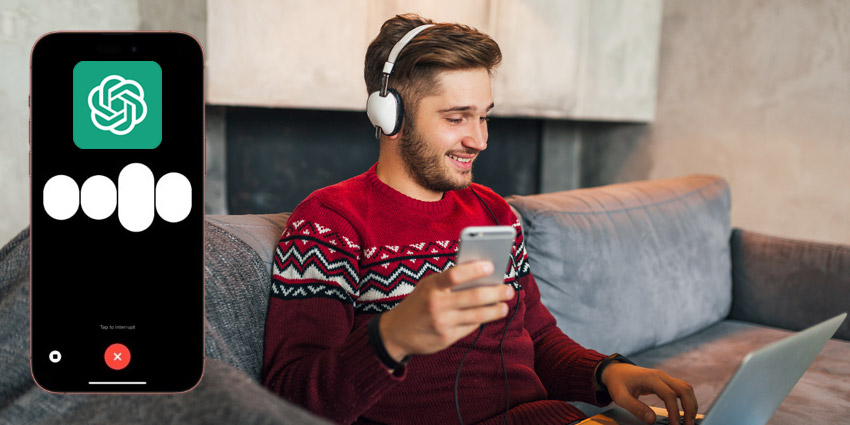Are We Getting too attached to ChatGPT?
Imagine chatting with a computer so much that it starts to feel like a friend. Does that sound strange?
Well, it’s happening! OpenAI, the company behind ChatGPT, recently found that people using the new Voice Mode might start forming emotional connections with this AI. But what does this mean for us?
What did OpenAI discover?
In a safety review, OpenAI discovered something surprising. When people use the Voice Mode of ChatGPT, which can talk back to you like a human, they might start to see it as more than just a tool. Furthermore, they might even start thinking of it as a companion. This finding came from a detailed report called the “GPT-4o System Card,” where OpenAI shared the safety work they did before releasing the latest version of ChatGPT.
Why is this a Concern?

You might wonder, why is it a big deal if someone feels attached to an AI? The concern is that if people spend too much time talking to an AI, they might start to rely on it instead of interacting with real people. As a result, this could change how we socialize and even affect our relationships with others. Moreover, the report also highlighted other risks like the AI giving inappropriate responses. Nevertheless, the idea of forming social bonds with a chatbot stands out.
How does Voice Mode play a role?
So, why is Voice Mode so different?
Unlike the regular text-based ChatGPT, Voice Mode can mimic human speech and even express emotions. Consequently, this makes the interaction feel more real, which can lead to people getting attached.
During their internal tests, OpenAI noticed that some users formed emotional bonds with the AI, which wasn’t something they had expected. Therefore, this unexpected result raised concerns about the potential impact of these interactions.
What About Copyright Issues?
OpenAI also touched on another important topic—copyright. In addition to addressing emotional attachment, they explained that GPT-4o can refuse requests to create or share copyrighted material, like music. This is important because it shows that while the AI is powerful, it’s also designed to respect the rights of creators and not engage in illegal activities. Furthermore, this feature adds a layer of responsibility to the AI’s capabilities.
What’s Next for OpenAI?
So, what can we do about this emotional attachment issue? Right now, OpenAI suggests we simply limit how much we use Voice Mode. However, they also plan to study this phenomenon more deeply. In particular, they want to understand how talking to an AI might change our behavior and what they can do to ensure it doesn’t lead to problems.
Additionally, ongoing research will help in developing better guidelines for safe interaction with AI.
Final Thoughts: Is ChatGPT Your New Best Friend?
Have you ever felt a bit too close to technology?
This article raises some important questions about how we interact with AI. Should we be careful about getting too attached, or is this just a new way of forming relationships in our digital age?
What do you think?
If this topic made you think, why not share it with a friend and see what they think too?

